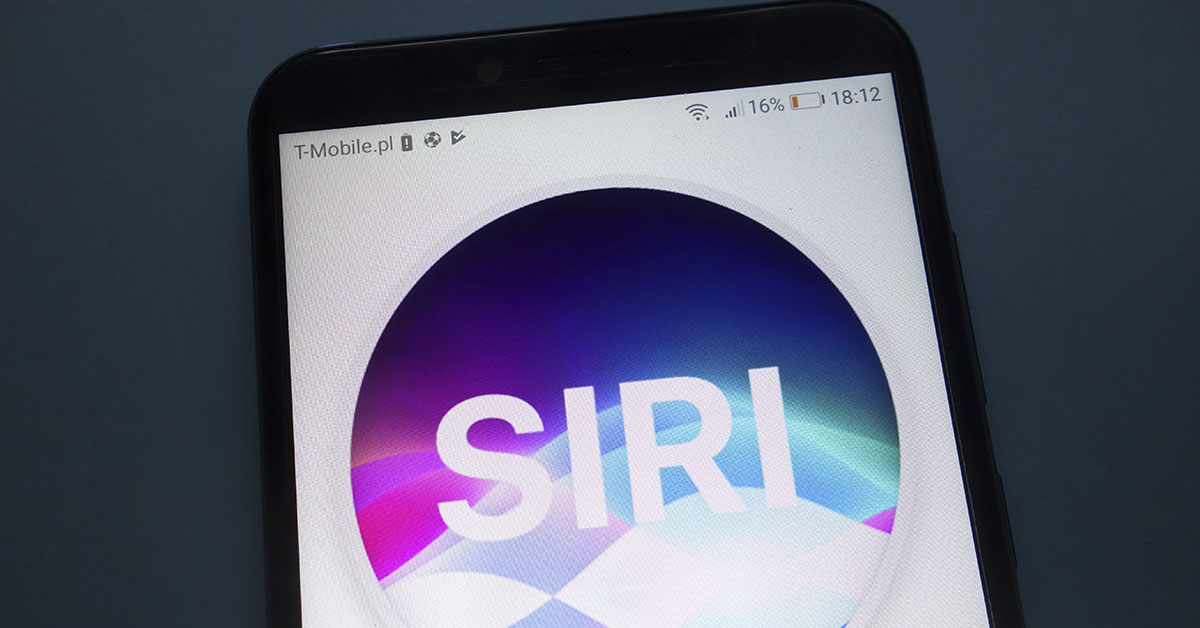If you’ve used Siri on your iPhone, iPad, or HomePod, you may qualify for compensation in the Apple Siri settlement. Apple agreed to pay $95 million to resolve claims that its voice assistant secretly recorded users without consent. Although the company denied the allegations, it chose to settle rather than face a lengthy trial. With the deadline approaching quickly, millions of Apple customers risk missing out if they don’t act soon.
The Apple Siri settlement raises fresh concerns about digital privacy and how tech companies handle voice data. Many users still don’t realize that virtual assistants like Siri can activate unintentionally and record conversations in the background. This case serves as a reminder to stay informed and demand accountability. Let’s break down how the lawsuit started, who qualifies, how to file a claim, and why this matters to all Apple users.
What Sparked the Apple Siri Settlement?
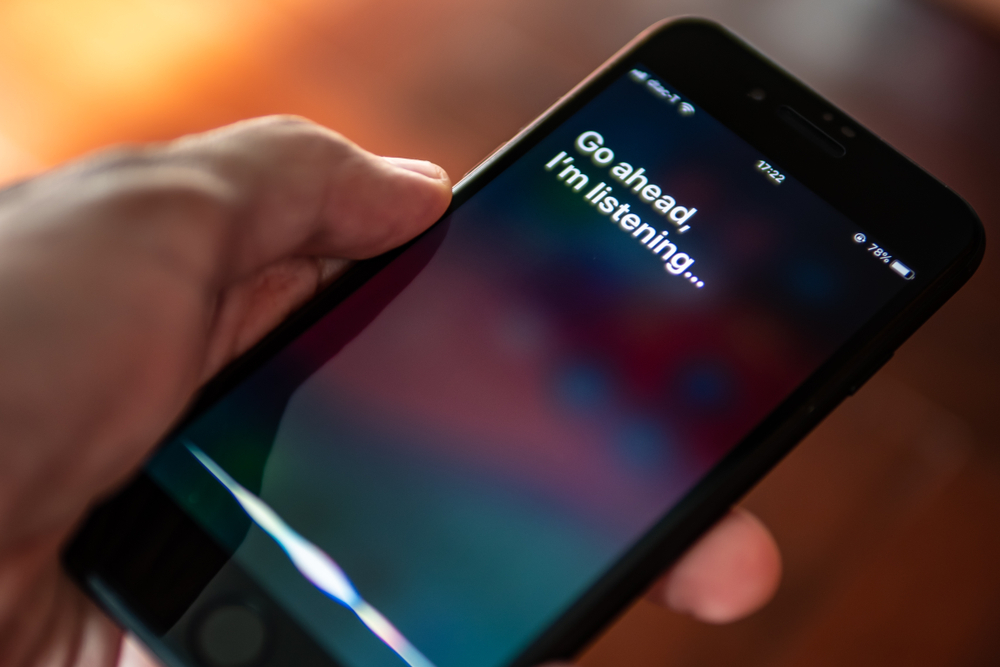
The lawsuit began when users discovered that Siri often activated by mistake. During those accidental activations, the device captured audio and sent it to Apple servers. Many people didn’t realize Siri was recording in the first place. Worse, Apple contractors reportedly listened to some of these recordings as part of a program designed to improve Siri’s performance. Known as “grading,” this process involved reviewing real user audio, including private conversations about health, finances, and family matters.
Users filed suit, claiming Apple violated state and federal privacy laws
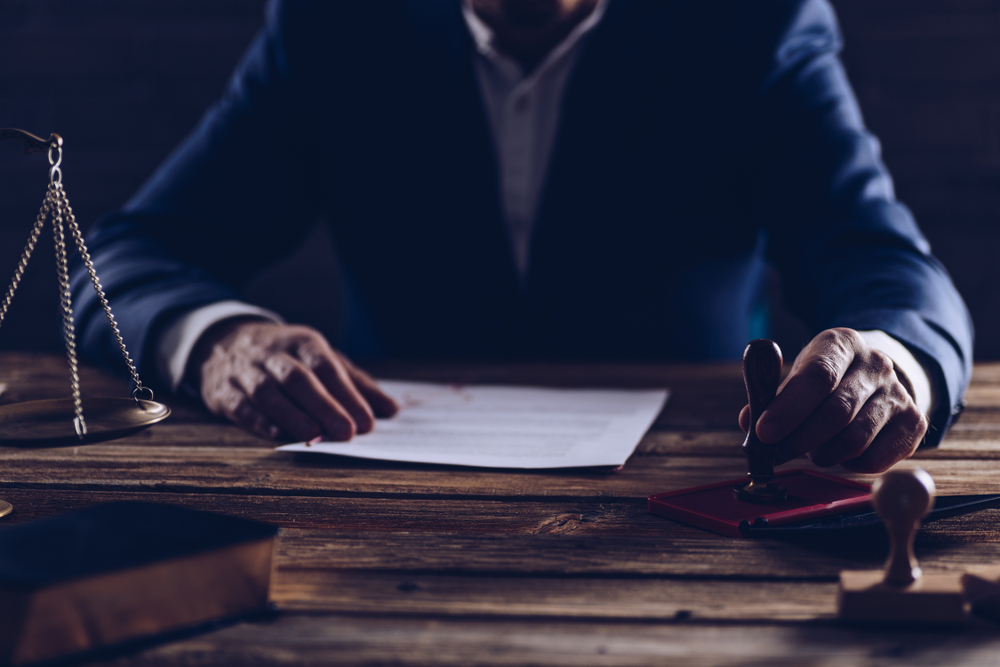
The complaints emphasized that Apple collected sensitive information without permission. In response, Apple shut down its grading program and introduced more transparent privacy options. Still, users continued to push for legal accountability. Eventually, Apple agreed to the $95 million Apple Siri settlement. Rather than admit wrongdoing, the company opted to close the case and avoid further legal action.
Who Can Qualify for a Payment?
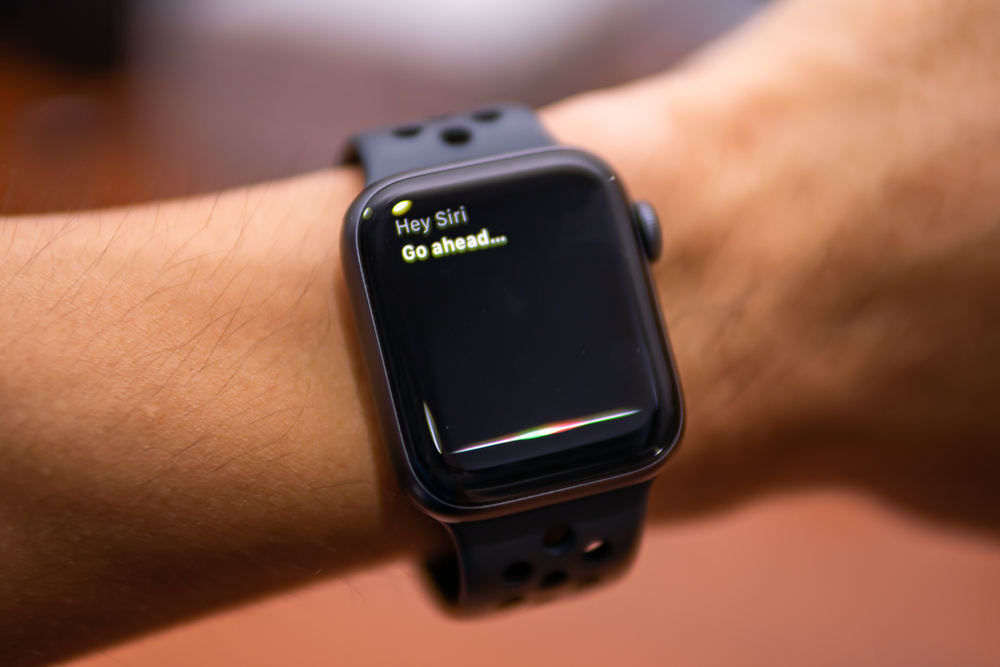
You don’t need to prove that Siri recorded you or mishandled your data. Instead, you must confirm that you used Siri during the eligible period. Apple won’t ask for voice logs, receipts, or screenshots, just an honest certification of use. You can file a claim if you used Siri between October 2011 and September 2021 on any of the following Apple devices:
- iPhone
- iPad
- Apple Watch
- MacBook
- HomePod
As long as you used a qualifying device and believe Apple may have mishandled your voice data, you can file. Keep in mind, submitting false information could disqualify your claim.
How to File Your Apple Siri Settlement Claim

You don’t need a lawyer or any legal documents to participate. If you decide not to take part, you can opt out or object, but doing so means forfeiting your payment. Filing a claim takes just a few minutes. Here’s how you can do it:
- Visit the official Apple Siri settlement website. The site hosts the claim form and all necessary instructions.
- Fill out your personal information. Include your name, address, and preferred payment method.
- Certify your eligibility. Confirm that you used Siri during the settlement period.
- Submit your form before the deadline. The final date to file is July 2, 2025.
How Much Will You Receive?
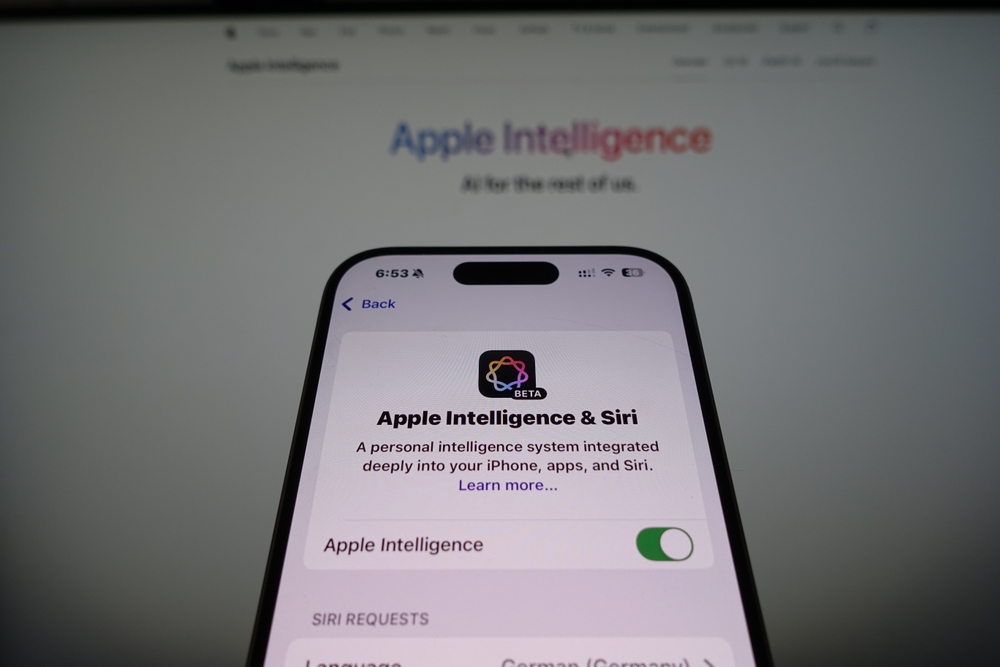
After paying legal fees and administrative costs, the remaining settlement funds will be distributed among valid claimants. The number of people who file will directly affect the size of each payment. If many users file, each payout could be around $20 per device. Those who used Siri on more than one device might receive slightly more. However, the exact amount depends on how many users submit approved claims.
While the payment may not be large, it still serves a purpose. It holds Apple accountable and compensates users for a privacy breach. Most importantly, the Apple Siri settlement encourages tech companies to rethink how they handle voice data.
Why This Settlement Should Matter to You
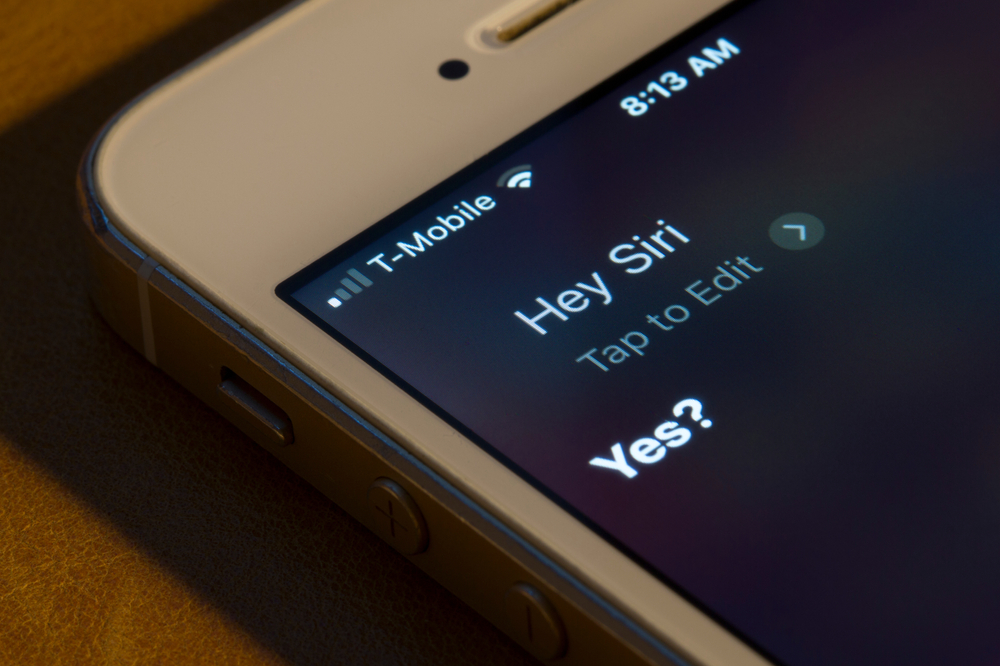
The Apple Siri settlement isn’t just about money. It signals a growing demand for transparency from companies that rely on voice-activated tech. Devices like Siri, Alexa, and Google Assistant make life more convenient, but they also collect data in ways that users often don’t notice.
Apple has long promoted itself as a privacy-focused brand, but this lawsuit exposed significant flaws in how it managed Siri recordings. As public pressure mounted, the company responded by making several key changes to regain user trust. It ended the practice of human review of Siri recordings, which had raised concerns about unauthorized access to private conversations.
Apple also introduced new settings
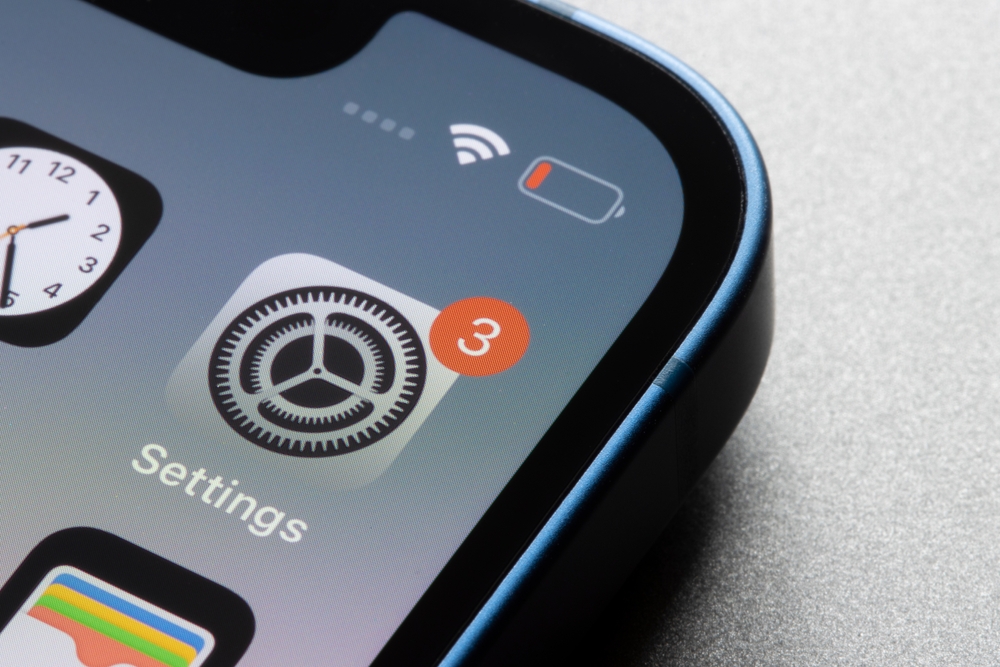
These suggestions give users greater control over how Siri stores voice data. In addition, the company rolled out tools that allow users to delete past recordings, offering more transparency and choice in how their personal information is handled. Even with those improvements, the lawsuit reminded users to remain vigilant. If a company like Apple can mishandle data, others could do the same, or worse. By participating in the Apple Siri settlement, users send a message: privacy matters, and tech companies must respect it.
File Before Time Runs Out
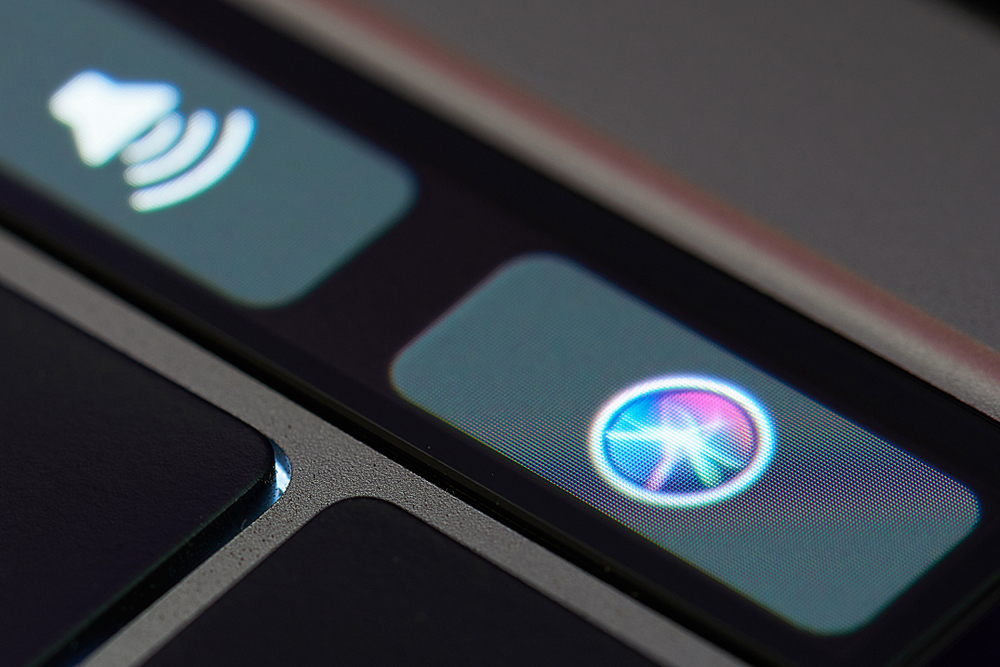
If you qualify for the Apple Siri settlement, don’t wait. Filing is easy, and the payout, however small, belongs to you if Apple mishandled your data. Beyond the money, this is a chance to stand up for digital rights. Tech companies rely on users staying silent. When people speak up and demand accountability, change happens.
Read More: If You Think an Apple AirTag is Tacking You, Here’s How to Find and Disable Them
